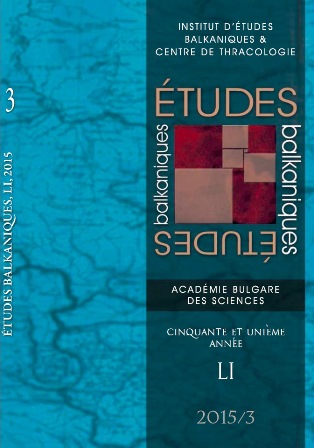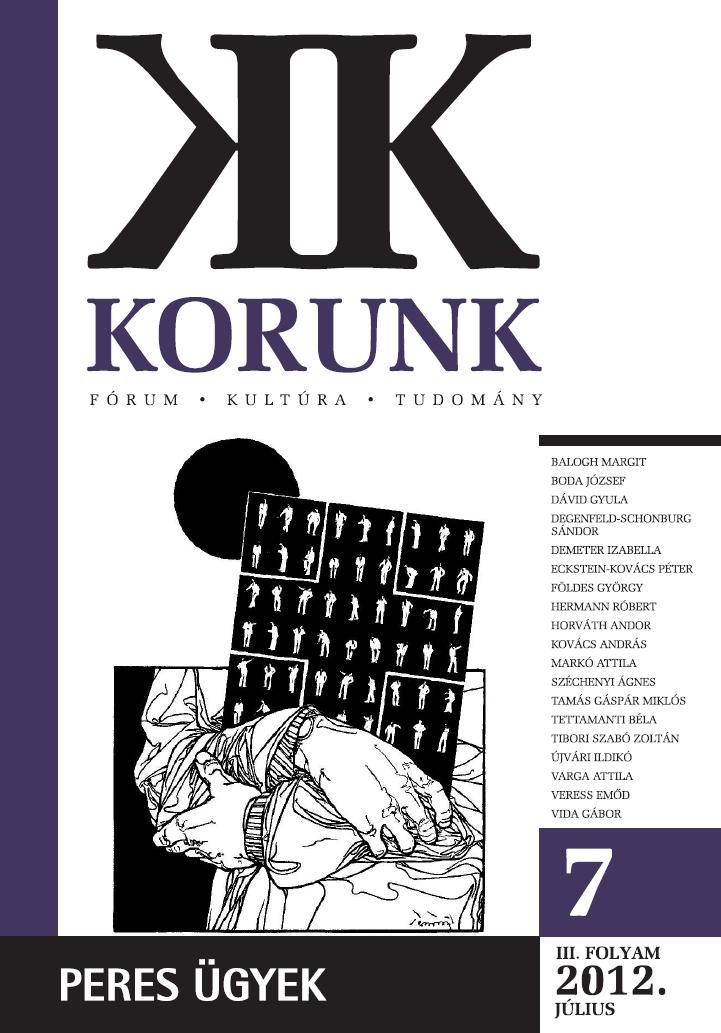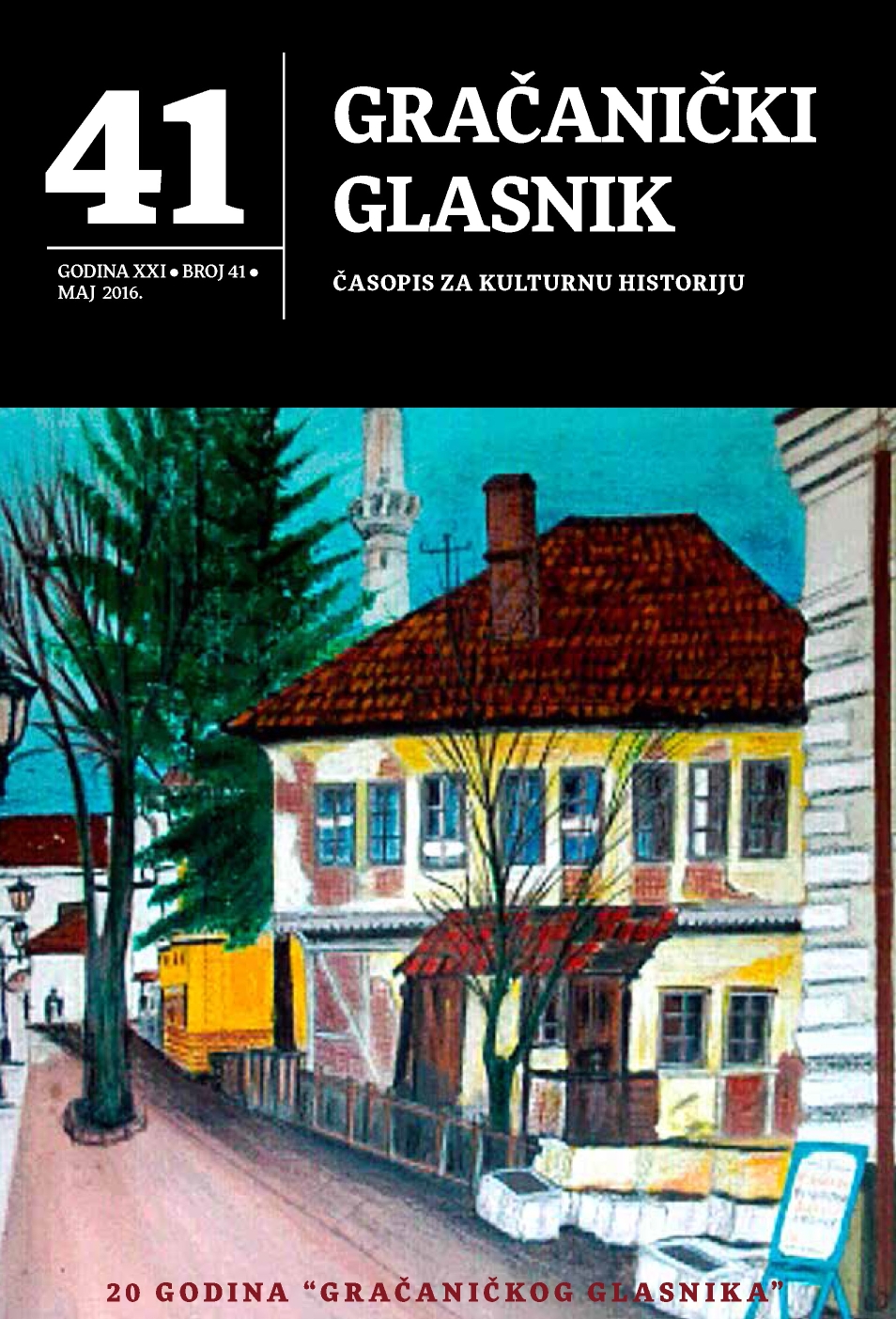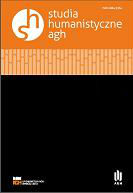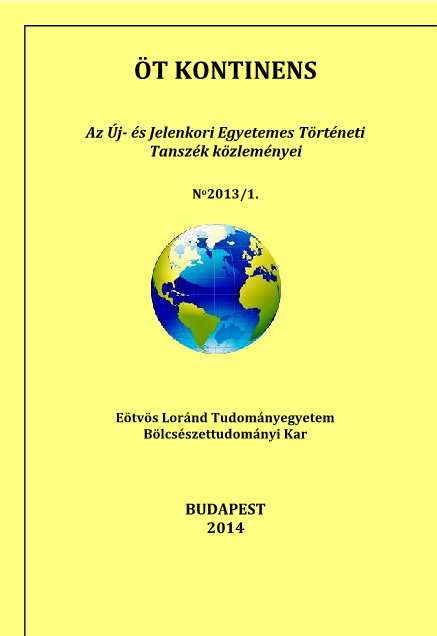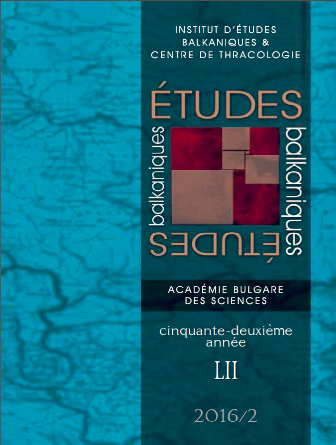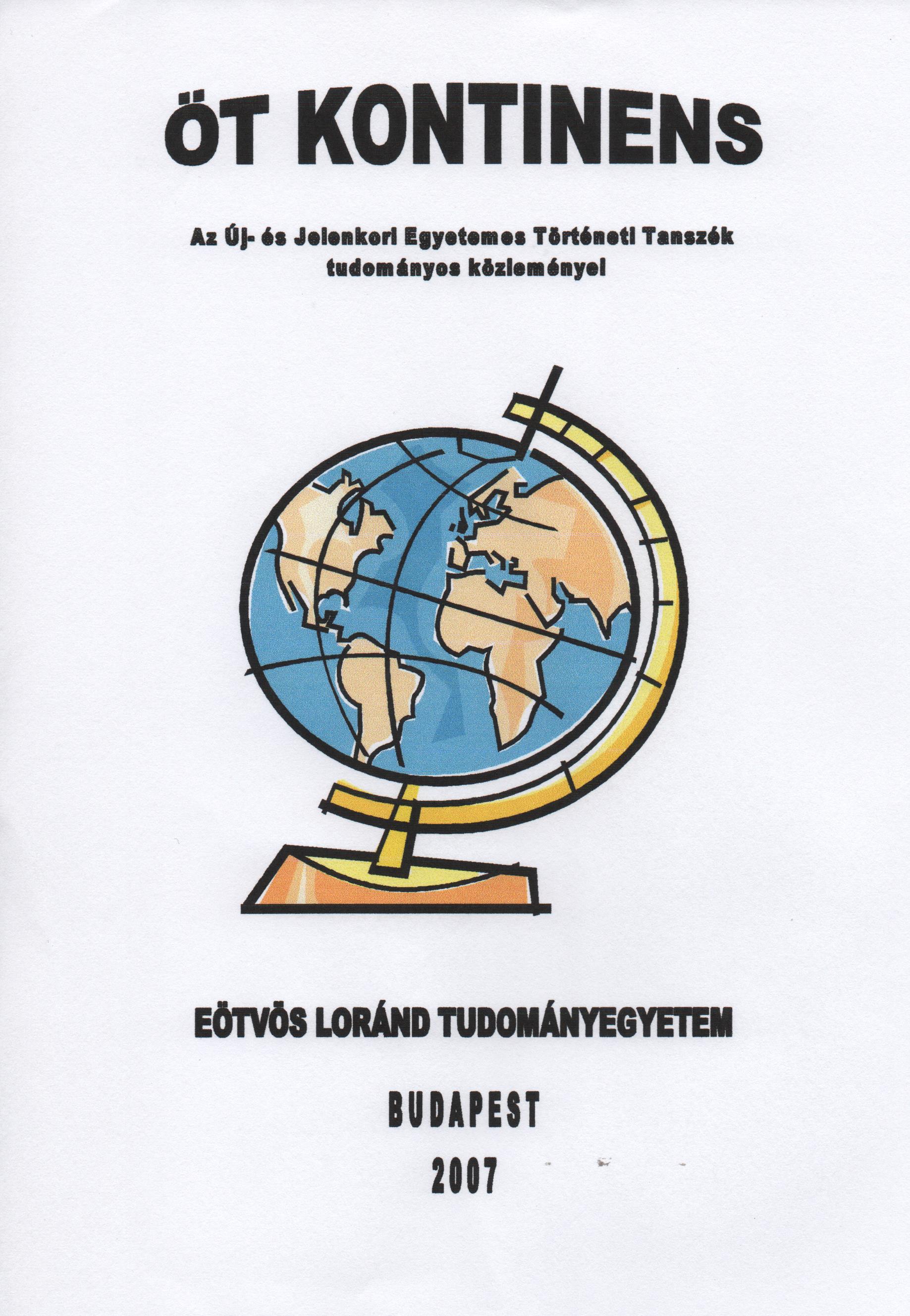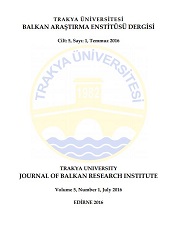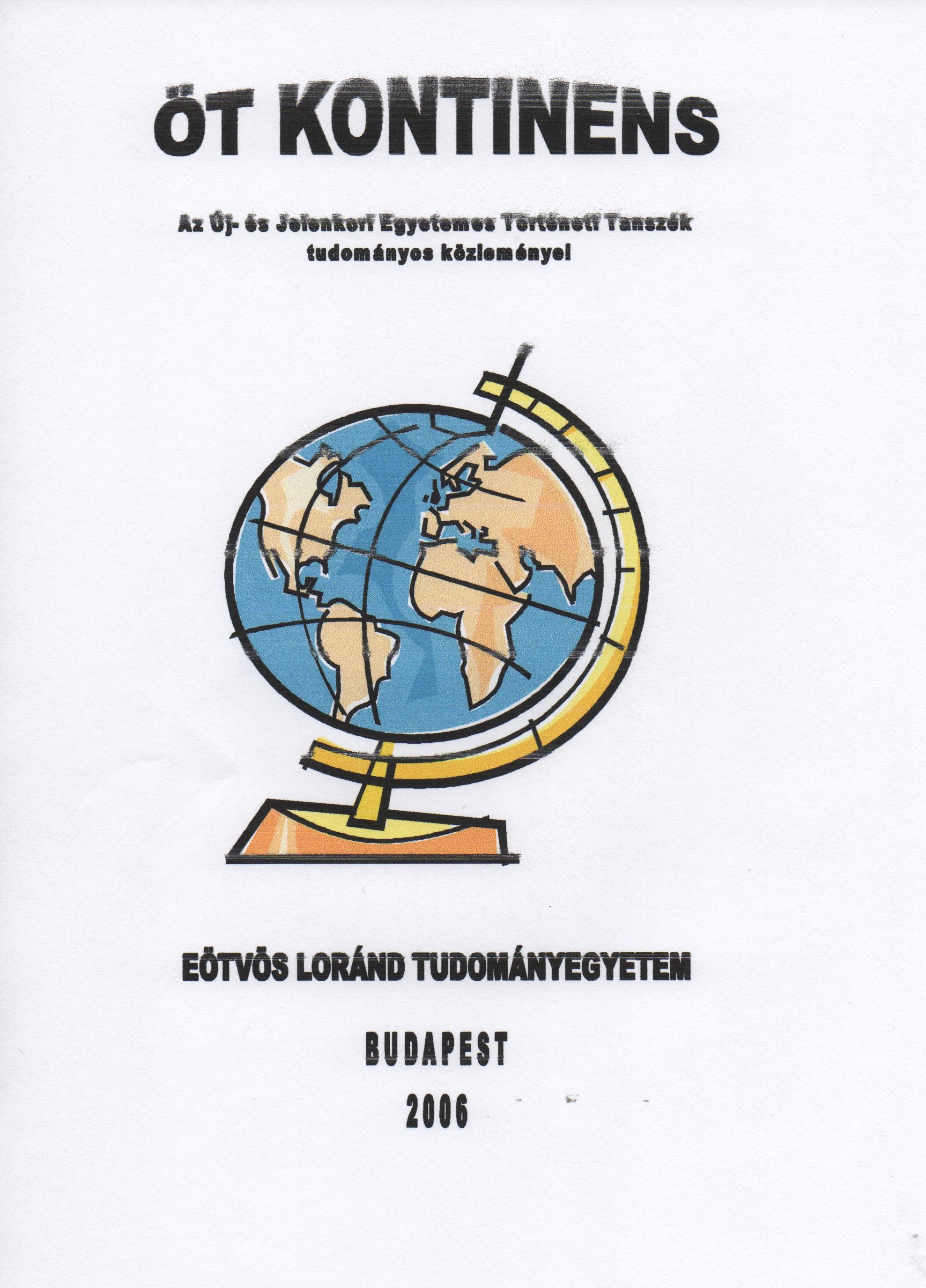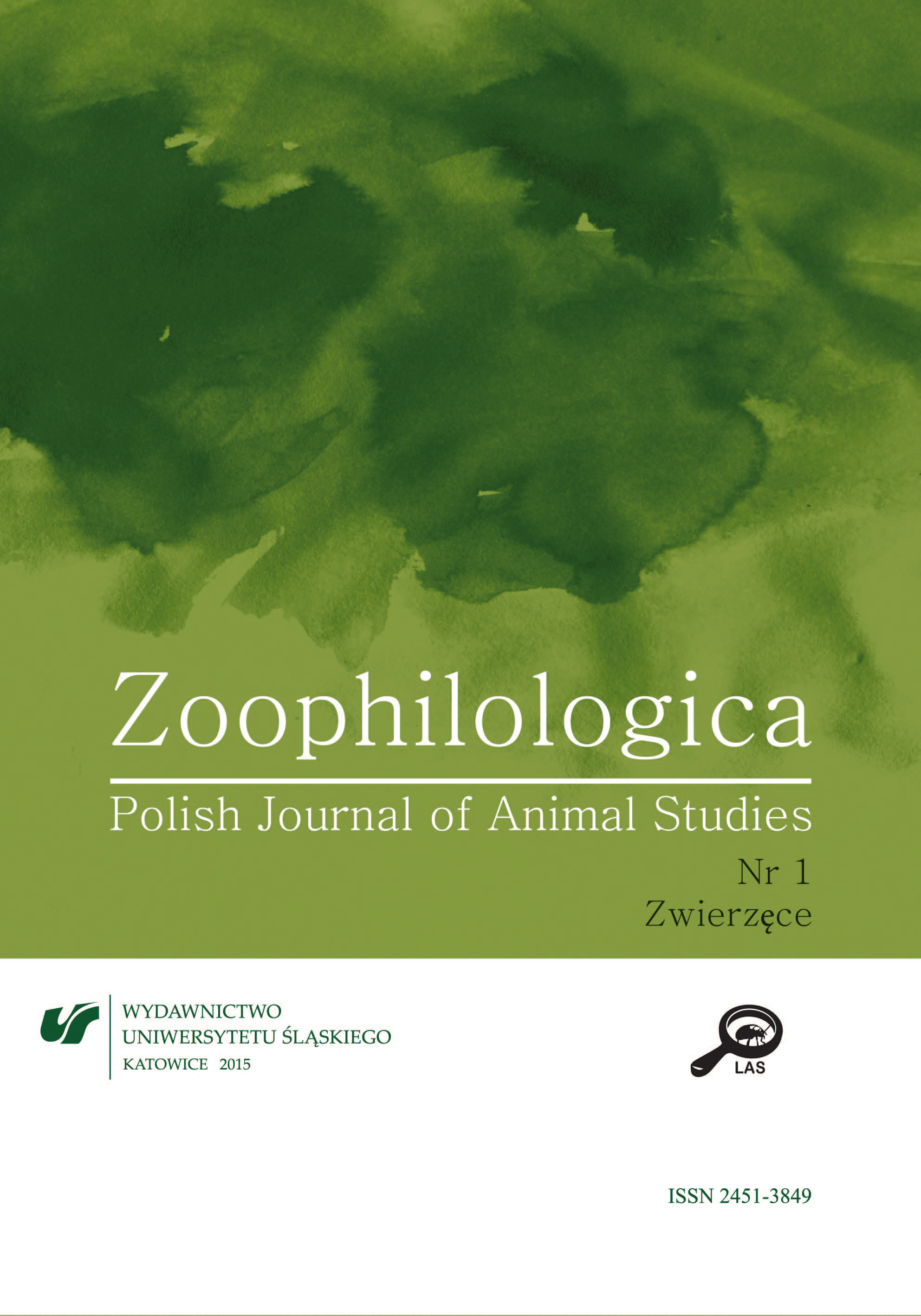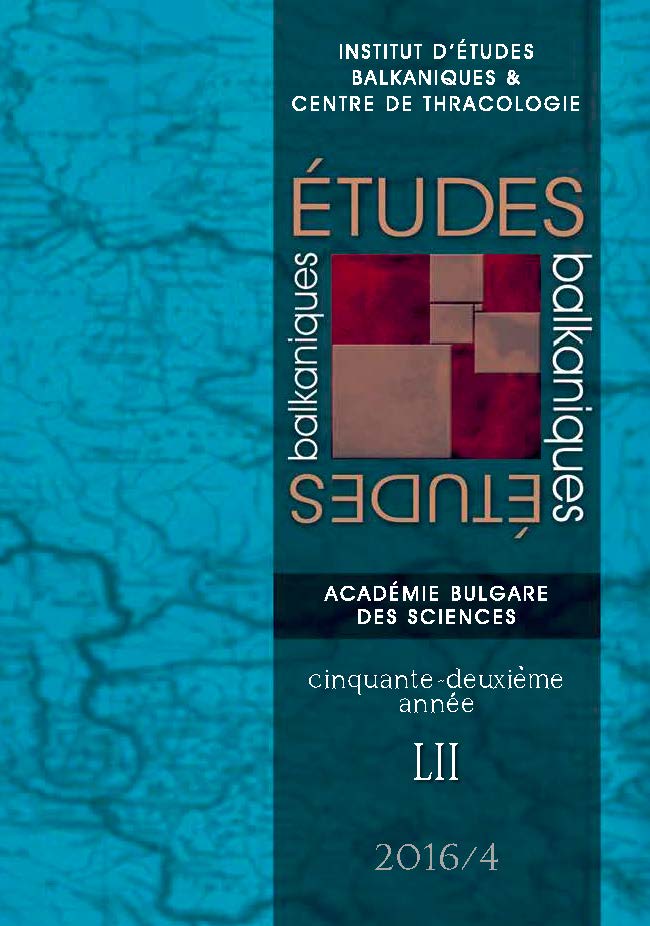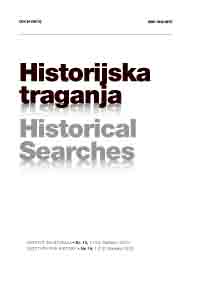
CRKVA BOSANSKA: MODERNI HISTORIOGRAFSKI TOKOVI, RASPRAVE I KONTROVERZE (2005-2015)
From the beginning of scientific research in historical studies, religious relations in medieval Bosnia, especially the question of the Bosnian Church, caused a lot of interest among researchers, from which a great number of scientific articles of various quality derived. Unlike other themes, the approaches to the research of the Bosnian Church, from its origins, are marked with irreconcilable differences in initial standpoints and quite hostile attitudes towards the arguments of the other side. There are three main goals of this paper: to analyse the domestic historiographic production about the Bosnian Church of the last decade, in order to understand the latest achievements in this area; to offer a review of the most important modern research of foreign historiography about the Bosnian Church in order to obtain a degree of knowledge about medieval Bosnian religious and political circumstances in general medieval studies; and finally on the examples of essentially different interpretations of two identical sources to show the process of emergence of historiographic controversies.
More...
